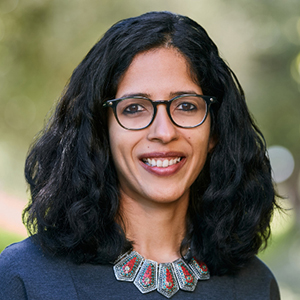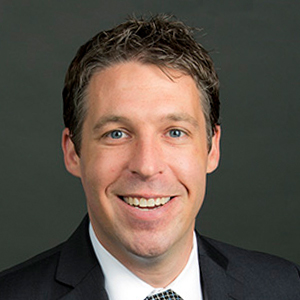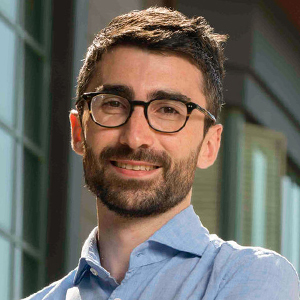Research
Research Objectives

CGM facilitates research and evidence-based knowledge creation to foster economic development and improve lives in growth economies. The center actively encourages faculty and industry collaboration through cross-sector approaches, drawing from the Haas School of Business and related departments on the UC Berkeley campus – including economics, engineering, public health, and public policy. The center enables collaboration between UC Berkeley researchers and businesses, academic institutions, and policymakers. The center also provides a platform to disseminate research findings and knowledge to stakeholders.
Focus areas include digital commerce, financial inclusion, climate change, energy, healthcare, micro-entrepreneurship and inequality.
Corporate Research Partnerships
The center matches Berkeley faculty with emerging market businesses to answer sector-wide challenges. Examples include (a) using state-of-the art analytical techniques, including machine learning, to examine data sets from partner companies and (b) providing research insights for partner companies and policy makers based on impact evaluation and experimentation (for example, A/B testing).
Non-Governmental and Developmental Partnerships
CGM actively engages with key nongovernmental and developmental entities on testing social solutions through hands-on on-ground testing that feeds research, curriculum and policy initiatives.
Academic Partnerships
CGM collaborates with top universities on research, teaching and policy engagement. The Center also builds knowledge partnerships with leading universities in growth markets, engaging in joint research and teaching to build relevant curricula to train the local business community.
Research Support
CGM provides research services and support to faculty to conduct innovative experimental research in growth markets. It works to generate research funding for tenure-line and adjunct faculty, Ph.D. students, and postdoctoral scholars for research and curriculum development.
Faculty

Ernesto Dal Bó
Phillips Girgich Professor of Business
Lucas W. Davis
Jeffrey A. Jacobs Distinguished Professor
Sunil Dutta
William D. Crawford Chair in Taxation and Accounting at the Haas School of Business
Paul Gertler
Li Ka Shing Professor of Economics
Ganesh Iyer
Faculty Director, Center for Growth Markets
Przemek Jeziorski
Associate Professor of Marketing
Jonathan Kolstad
Associate Professor of Economic Analysis and Policy
David Levine
Professor, Eugene E. and Catherine M. Trefethen Chair in Business Administration
Gustavo Manso
Professor, William A. and Betty H. Hasler Chair in New Enterprise Development Distinguished Teaching Fellow
Abhishek Nagaraj
Assistant Professor, Management and Organizations (MORS) group, Berkeley Haas
Catherine Wolfram
Cora Jane Flood Professor of Business Administration, & Deputy Assistant Secretary for Climate & Energy Economics in the U.S. Department of the Treasury
Guo Xu
Assistant Professor of Business and Public Policy at Berkeley Haas
Latest Research

























